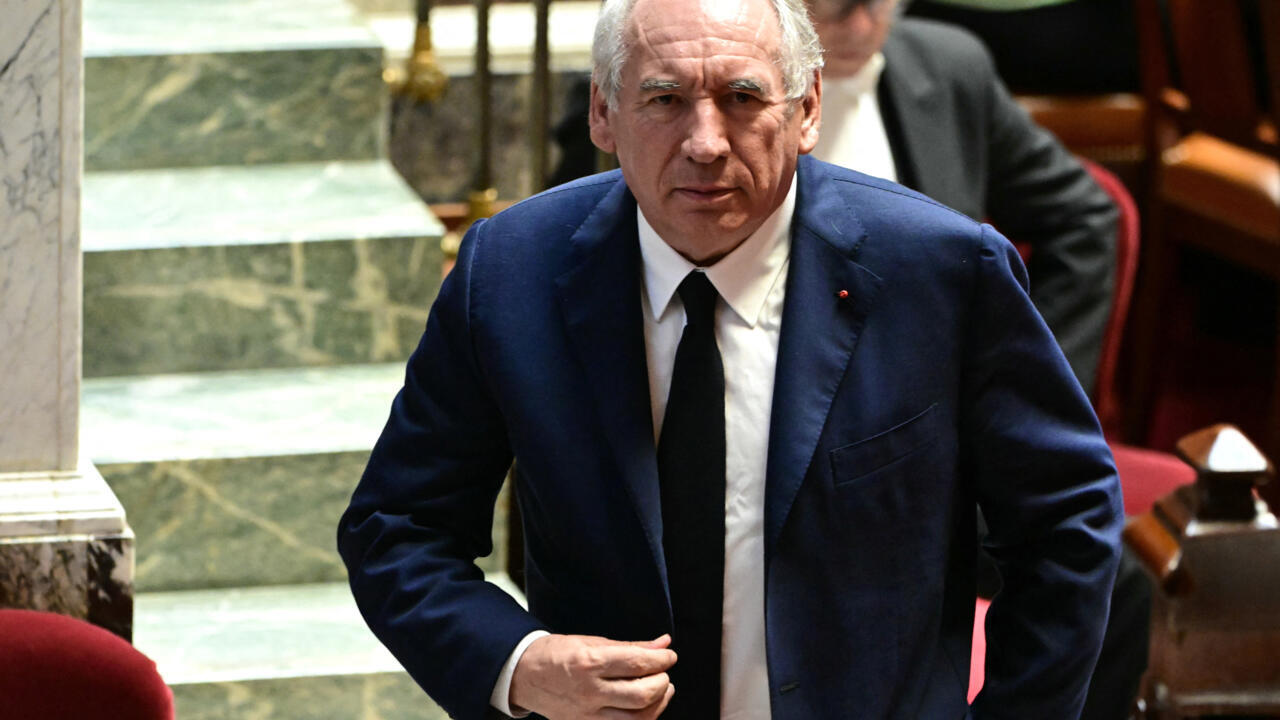By Lara Bullens
Copyright france24

Among the opposition parties, the Socialists have said they are ready to govern.
“I would like it to be the left, the greens. We need to claim power,” Socialist Party chief Olivier Faure told France Inter radio.
A key name with strong ties to the party is Bernard Cazeneuve, who was a long-time member of the Socialists himself before leaving the party in 2022. Known for his calm demeanour, he was prime minister under former president François Hollande between 2016 and 2017, but also served as interior minister in charge of overseeing security responses to the 2015 Paris attacks and 2016 Nice truck attack.
Another option is Pierre Moscovici, a prominent French political figure who is currently serving as president of France’s chief audit institution, the “Cour des Comptes”. He was finance minister from 2012 to 2014 under Hollande and has been vocal about the country’s debt crisis, in July calling it a “moral peril” to French economic stability.
How will Macron decide?
Analysts say Macron is most likely to pick a long-serving cabinet member that he trusts.
But he has put himself in a sticky situation. The inconclusive snap election he called last year has resulted in a bitterly divided National Assembly – making it almost impossible to govern. That means the French president will have to choose someone capable of rallying enough support in parliament, which is no easy feat.
If the new prime minister manages to unite MPs from the central bloc (161 seats), the conservative Les Républicains (49 seats), the Socialists (66 seats) and the Greens (38 seats) – they could reach an outright majority of 288 seats.
“It’s a tortuous path, but it’s not impossible,” public law expert Julien Boudon on told French newspaper Le Monde.
The other option is for Macron to appoint yet another minority government. But it’s a poisoned chalice. Unless they repeatedly manage to make pacts with their opponents to stay in office, there is every chance they could also be pushed out of office – especially since French politicians can’t seem to agree on how to handle the country’s deficit.
And no matter what, Bayrou’s successor faces the two near-impossible tasks of uniting parliament and getting a budget for next year adopted.
Is there another way out?
Since Bayrou was kicked out Monday, the far-right National Rally (RN) has repeated its call for another snap parliamentary election. Party leader Jordan Bardella told French radio RTL on Tuesday that the RN would bring down any government that does not “break with the politics of the last eight years” under Macron.
Technically, Macron could choose this option if he finds his hands are completely tied. He could also take the unprecedented step of resigning and triggering a presidential election, as hard-left leader Jean-Luc Mélenchon has urged him to.
Some say it would reflect the will of the people. According to an Odoxa-Backbone poll commissioned by French newspaper Le Figaro, 64 percent of the French population want Macron to resign rather than name a new prime minister.
But the president has ruled out any elections so far, and that is unlikely to change. New elections could hand far-right leader Marine Le Pen even greater power. Opinion polls suggest the National Rally would cement its lead if Macron called for new elections. With just 18 months left in his presidency and his approval rating at 15 percent, the risk for Macron would be existential.
Beneath the surface, the current political crisis is also underpinned by a growing sense of resentment from the general population in France, who feel their quality of life and public services are worsening day by day. Anti-government protests known as “Block Everything” are set to take place on Wednesday, and have mushroomed on social media.
Read moreYoung, politicised, far left: Who are France’s ‘Block Everything’ protesters?
While mass protests have been sparked by reforms in the past, such as the pension reform in 2023, things look different this time around. Austerity, inequality and the sense that governments keep collapsing while nothing changes is driving anger more than ever.



